Condensing vs Non Condensing Tankless Water Heaters: What are the Differences?
Homeowners have two primary options for tankless water heaters: condensing and non-condensing models. Understanding the distinctions between these two types is crucial for making an informed decision. In this article, we will provide a thorough comparison of condensing and non-condensing tankless water heaters, enabling readers to select the option that best aligns with their living space and needs. By delving into the features, benefits, and considerations associated with each type, we aim to equip homeowners with the knowledge necessary to make a well-informed choice.

What is a tankless water heater and how does it work?
Water heaters are commonly divided into two main types: traditional models with storage tanks and tankless designs. Traditional water heaters operate by storing a significant amount of water in a tank and keeping it continuously heated. On the other hand, tankless water heaters provide hot water on demand, heating it as it flows through a heat exchanger. This tankless design eliminates the need for a storage tank, resulting in space savings and increased energy efficiency. By understanding the differences between these two types, homeowners can make an informed decision based on their specific needs and preference

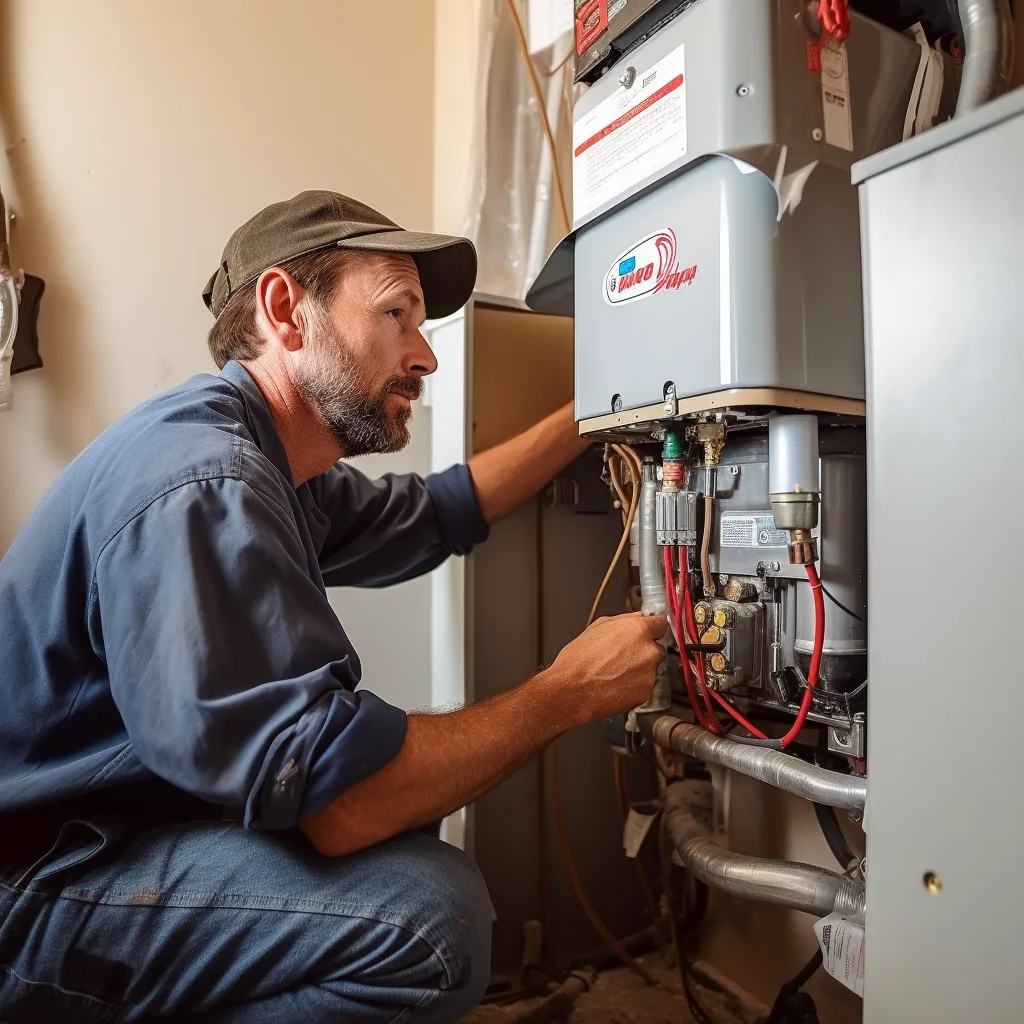
What is a condensing tankless water heater?
The condensing tankless water heater represents an improved and highly efficient version of the traditional tankless water heater. It incorporates an innovative mechanism that captures and recycles waste heat, effectively using it to heat the incoming water. This process optimizes energy efficiency and minimizes energy waste, leading to substantial cost savings on your energy bills. Furthermore, the condensing tankless water heater reduces energy consumption, making it an environmentally friendly choice that helps reduce your carbon footprint. With its advanced technology and enhanced efficiency, the condensing tankless water heater offers homeowners a more sustainable and economical option for their hot water needs.
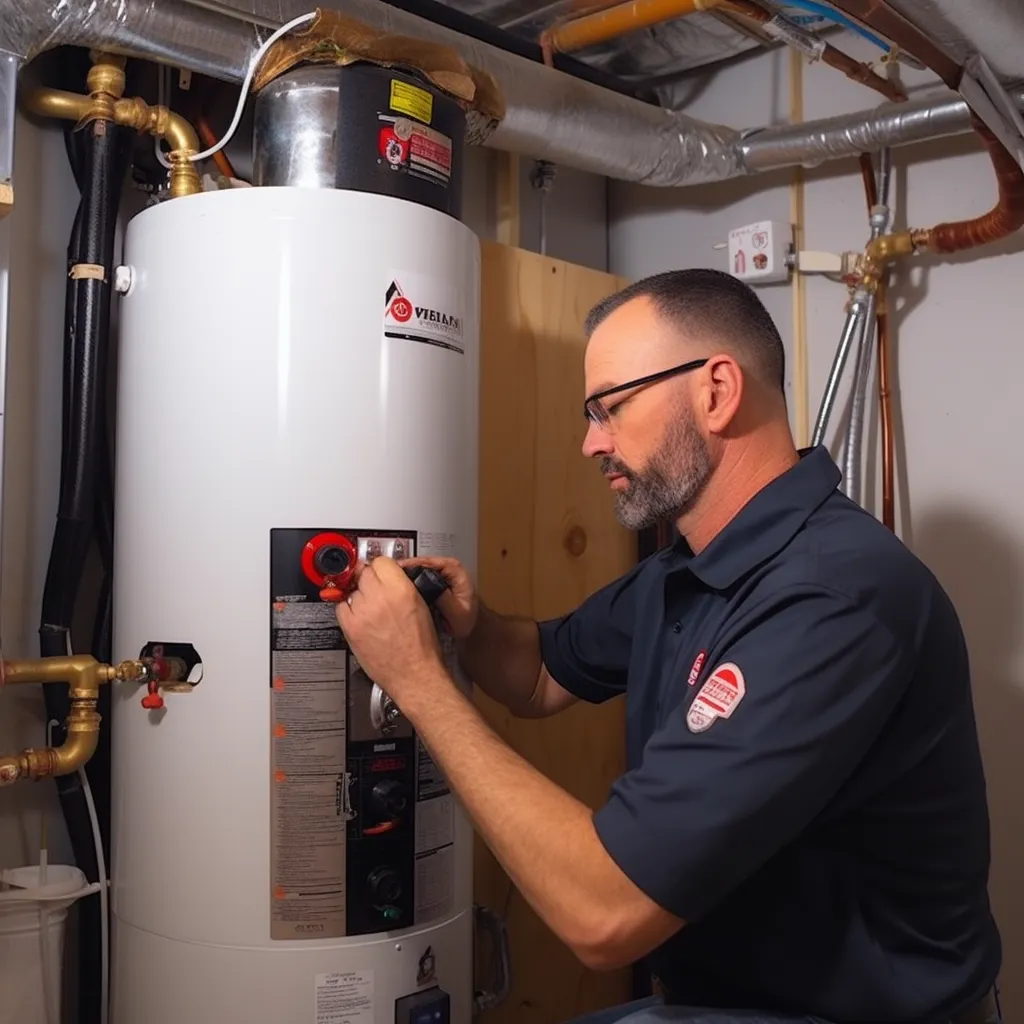
What are the differences between condensing and non condensing tankless water heaters
Tankless water heaters are a cost-effective solution for reducing energy expenses, but it's essential to understand the distinction between condensing and non-condensing models. The primary difference lies in how they handle exhaust gases. Non-condensing models release these gases into the atmosphere, while condensing models cool them down until they condense into water vapor, which is then expelled.
The condensing process makes these models more energy-efficient and efficient overall compared to non-condensing models. Although condensing models may have higher initial costs, they offer substantial long-term savings by reducing energy expenses. By choosing a condensing tankless water heater, homeowners can enjoy enhanced energy efficiency and economic benefits, making it a smart and environmentally conscious choice.
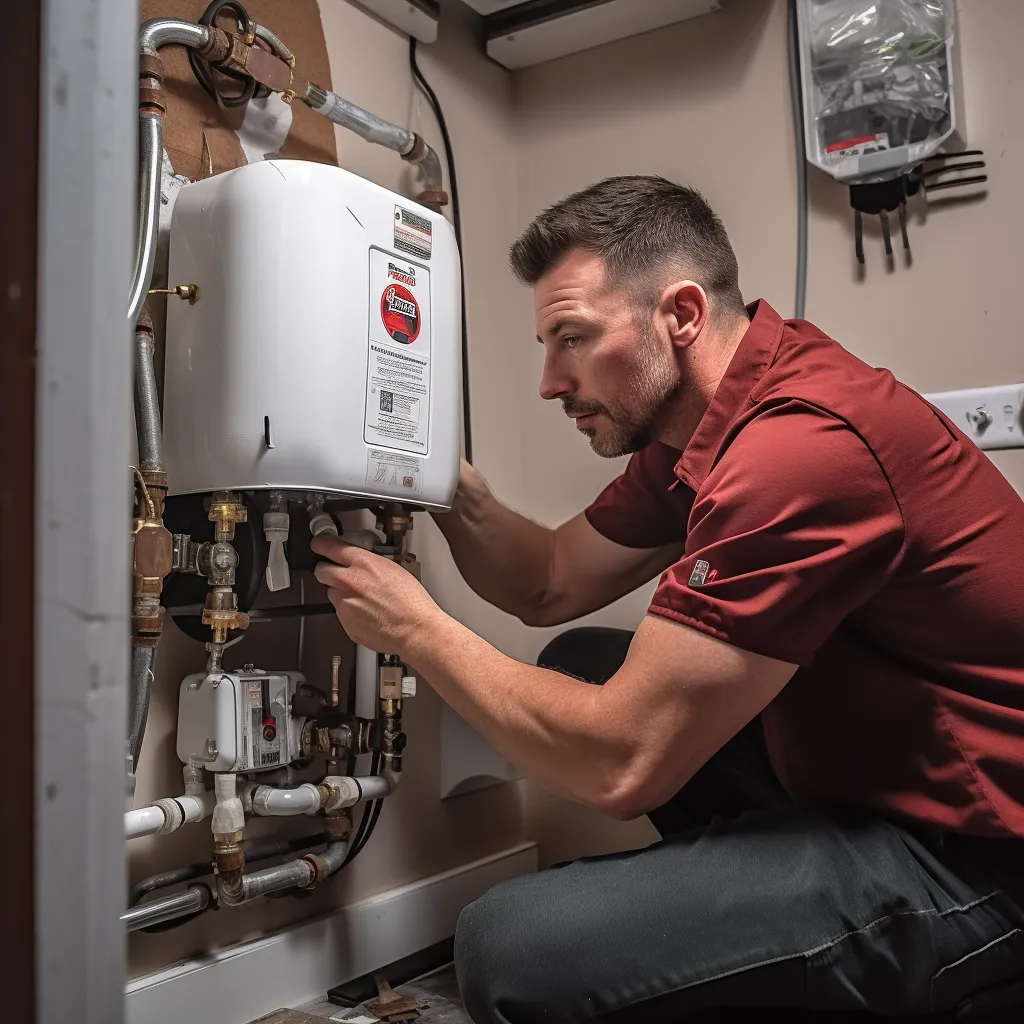
What are the benefits
of a condensing tankless water heater?
Condensing tankless water heaters have many benefits:
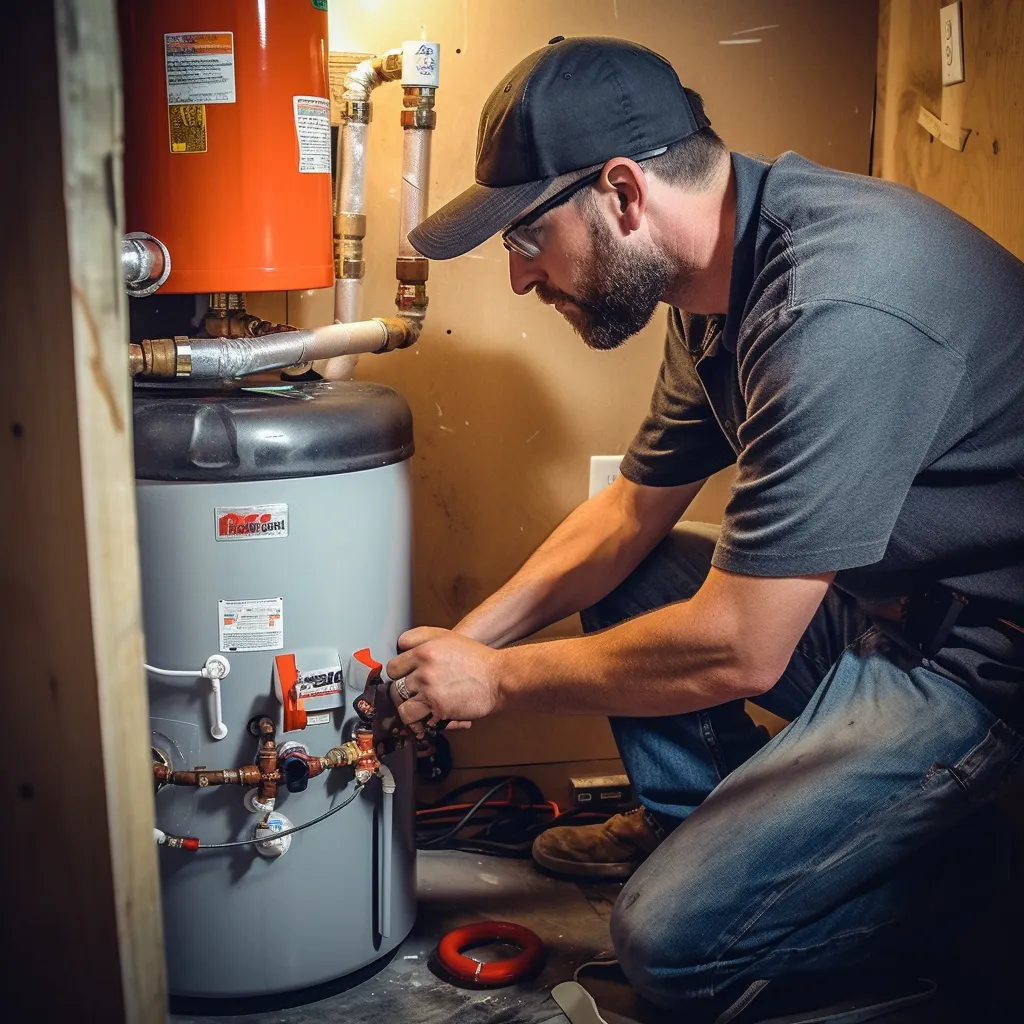
Condensing models offer higher efficiency, leading to cost savings on utility bills by extracting more energy from exhaust gases.
These models produce fewer greenhouse gas emissions, contributing to a greener home and reducing environmental impact.
Condensing water heaters tend to have a longer lifespan due to their simplified design and increased reliability.
What are the disadvantages
of a condensing tankless water heater?
The downsides to condensing tankless water heaters:
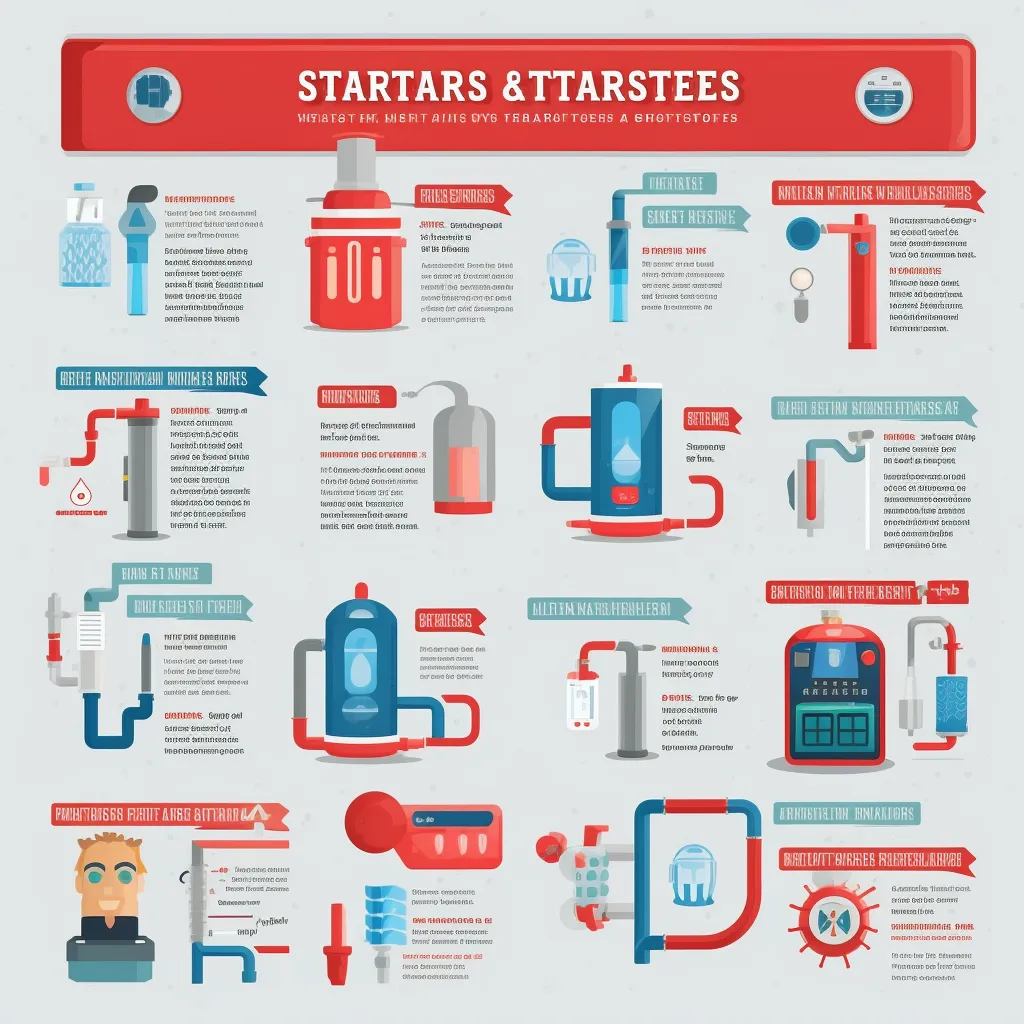
Condensing water heater models often have a higher upfront cost compared to non-condensing models, but the potential long-term savings in energy efficiency and utility bills should be taken into consideration.
Maintenance requirements and installation complexity may be higher for condensing models due to the additional venting and drainage systems needed.
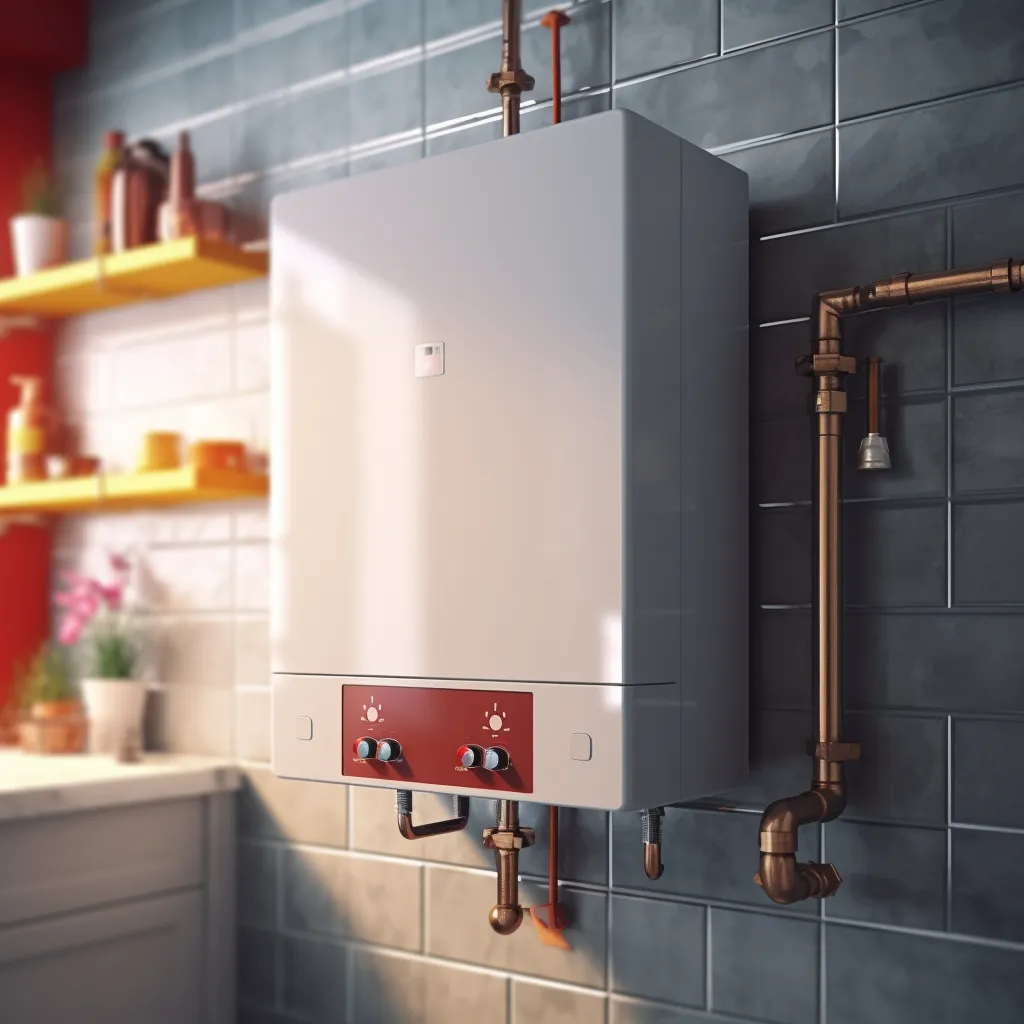
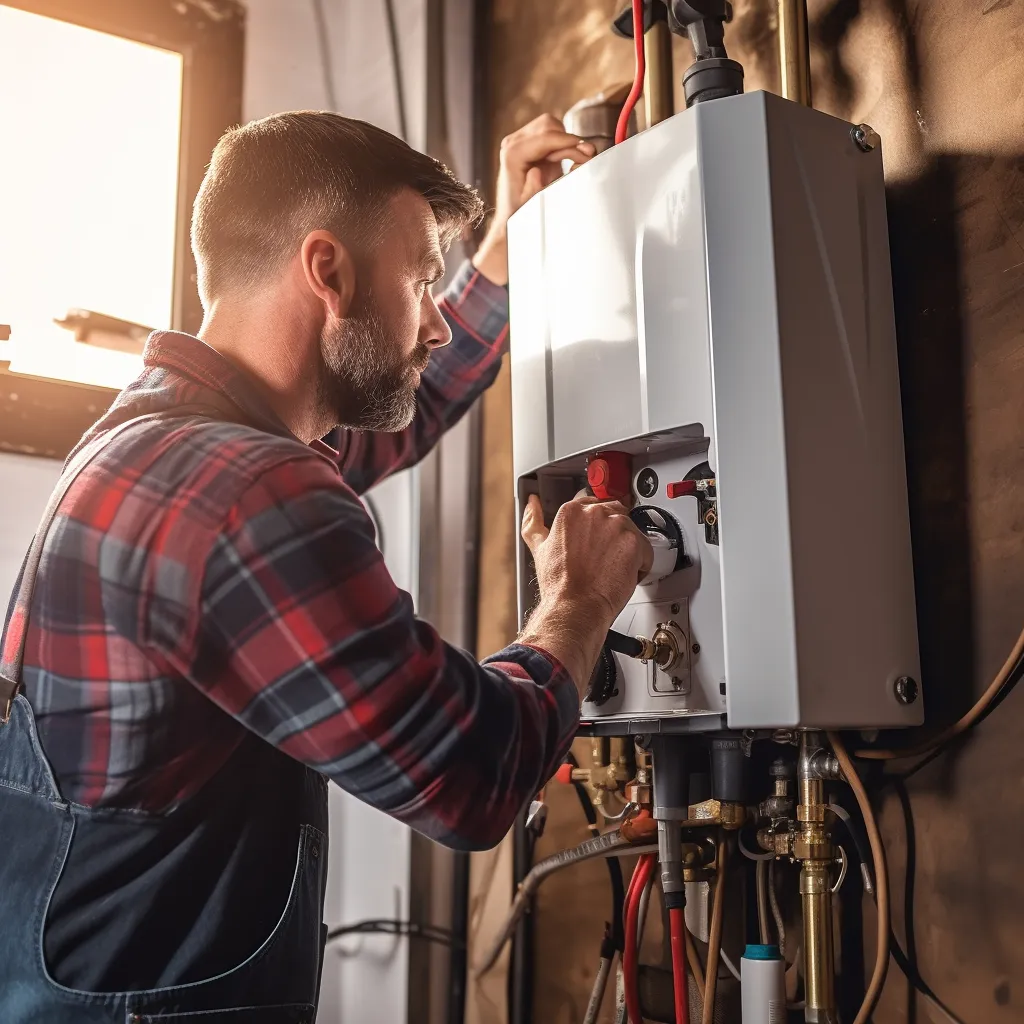
Are condensing tankless water heaters energy-efficient?
Condensing tankless water heaters offer a highly efficient and environmentally-friendly solution for water heating. With their ability to capture and utilize lost heat during combustion, they can achieve efficiency ratings of up to 96%. This energy-saving feature results in significant long-term cost savings, as there is no wasteful heating of unused water.
Additionally, condensing tankless water heaters operate on-demand, meaning they only heat water when it is needed. This further enhances their efficiency and reduces energy consumption, leading to even more savings on utility bills.
By opting for a condensing tankless water heater, homeowners can enjoy the benefits of efficient water heating, substantial cost savings, and contribute to a greener and more sustainable environment.
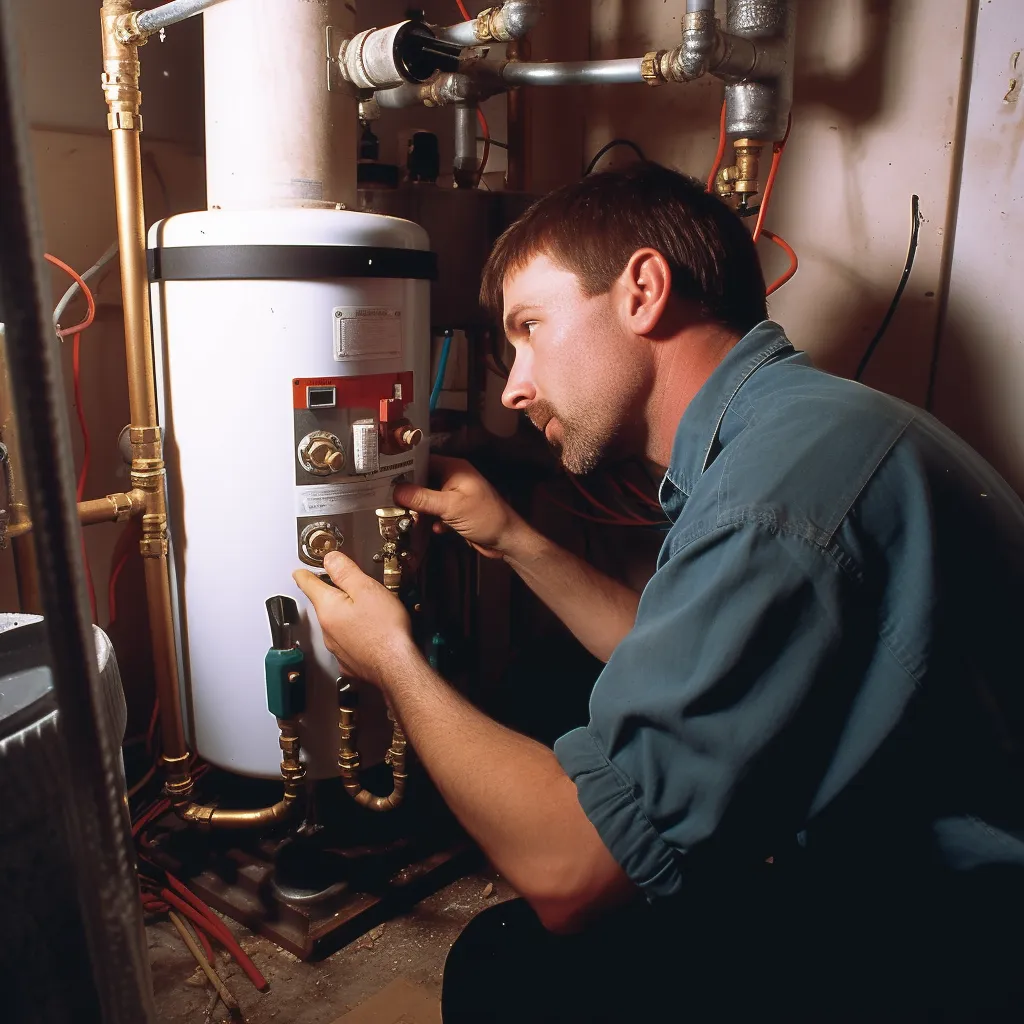
Are non condensing tankless water heaters energy-efficient?
Non-condensing tankless water heaters offer a sustainable and cost-effective solution for water heating. Although they may not achieve the same high level of energy efficiency as condensing models, they still provide significant reductions in energy usage and costs compared to traditional tank water heaters.
While non-condensing tankless water heaters do not capture and utilize waste heat like condensing models, they still offer improved energy efficiency and cost savings when compared to tank-based systems. This makes them a desirable choice for homeowners who prioritize sustainability and want to reduce their environmental impact.
By choosing a non-condensing tankless water heater, homeowners can enjoy the benefits of efficient water heating, lower energy costs, and contribute to a greener and more sustainable future.
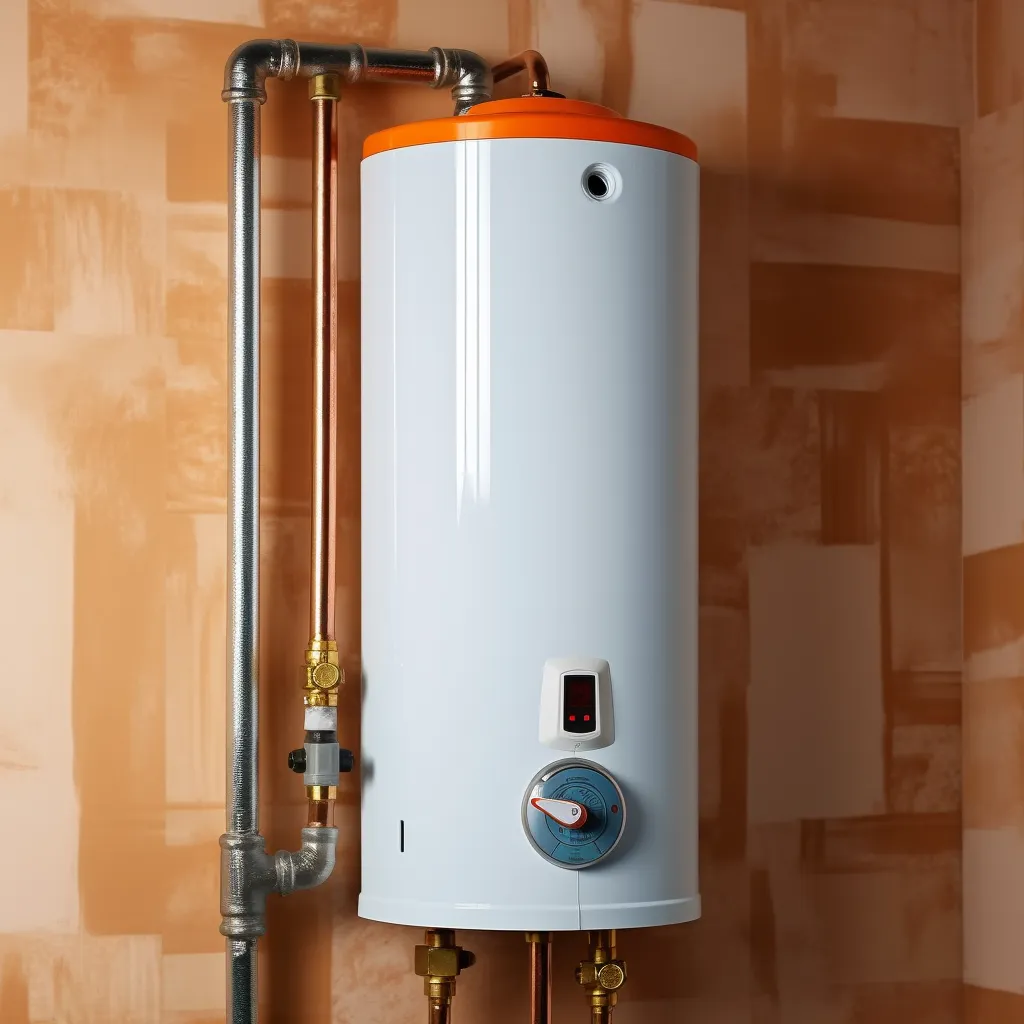
What is the cost to buy and install a condensing tankless water heater?
Choosing a water heater can be a significant decision for homeowners, and considering the various factors involved is crucial. By understanding the differences between condensing and non-condensing tankless water heaters, you can make an informed choice based on your priorities, budget, and specific needs. Whether you opt for the higher efficiency and environmental benefits of condensing models or the cost-effectiveness of non-condensing models, both options offer advantages in terms of energy savings and improved efficiency compared to traditional tank water heaters. Consulting with a professional can provide valuable insights and guidance to ensure you select the right water heater for your home.

What is the cost to buy and install a non condensing tankless water heater?
Non-condensing tankless water heaters offer a range of benefits for homeowners. These units are available in different sizes and from reputable brands, ensuring a wide selection to meet your specific needs. While the upfront cost may be higher compared to traditional tank water heaters, non-condensing tankless models provide long-lasting performance and durability. With proper maintenance, they can reliably supply unlimited hot water for up to two decades, making them a cost-effective investment in the long run. Additionally, their compact and space-saving design helps optimize the use of your home's available space.
Condensing tankless water heaters maintenance requirements?
Non-condensing tankless water heaters offer a range of benefits for homeowners. They are available in various sizes and from reputable brands, providing flexibility in choosing the right unit for your needs. While the initial cost may range from $1,000 to $3,000, these tankless water heaters offer long-lasting performance, with an average lifespan of up to two decades. With their on-demand heating capabilities, they provide unlimited hot water whenever you need it, eliminating the need for a storage tank. Additionally, their sleek and compact design saves space and reduces clutter in your home, making them a convenient and efficient choice for water heating.
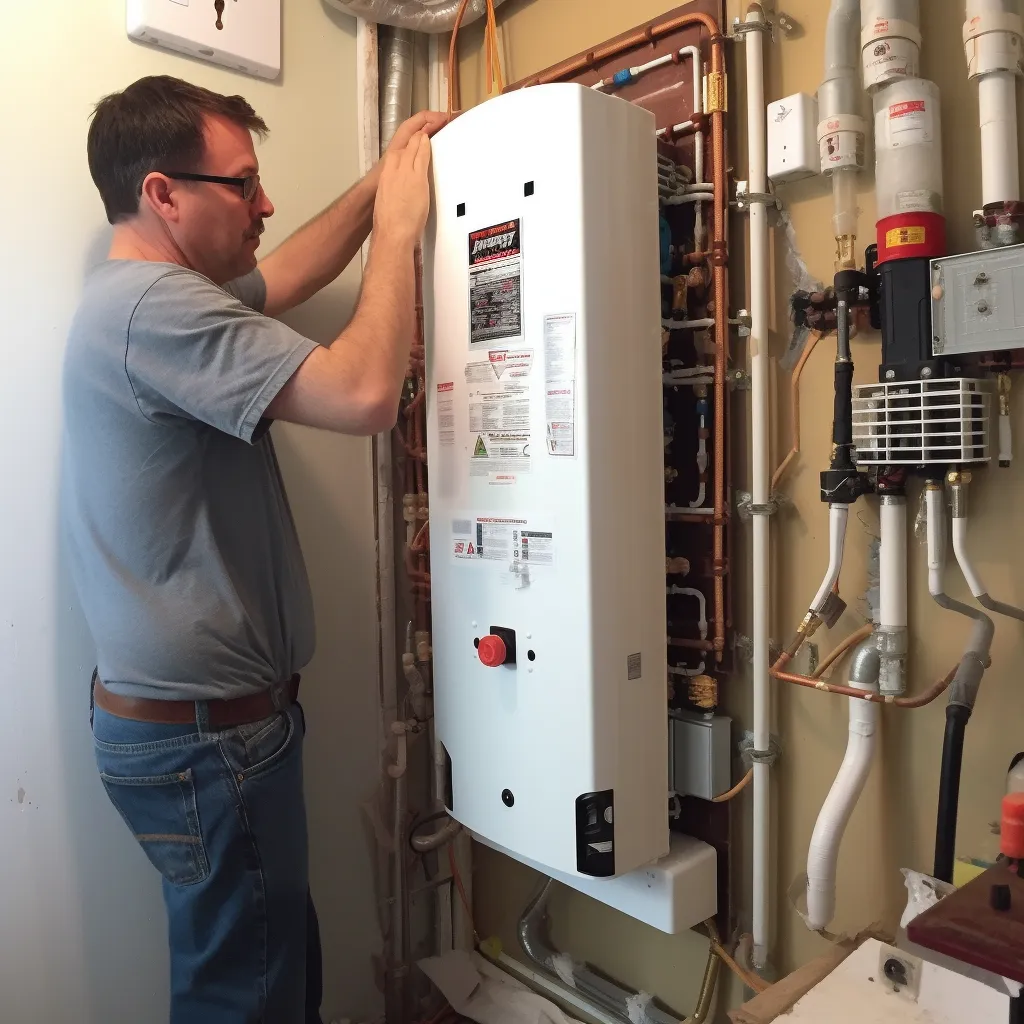
Check for leaks or issues.
Clean the heat exchanger and burner.
Inspect and replace filters.
Test water pressure and temperature.
Ensure the venting system is clear.
Regularly flush the system.
Keep the air filter clean.
Regular maintenance is crucial for condensing tankless water heaters to prevent issues such as high energy bills, decreased efficiency, or potential damage. Professional maintenance checks should be scheduled regularly to ensure optimal condition. Proactive maintenance saves time and money, while keeping the water heater operating efficiently and effectively.
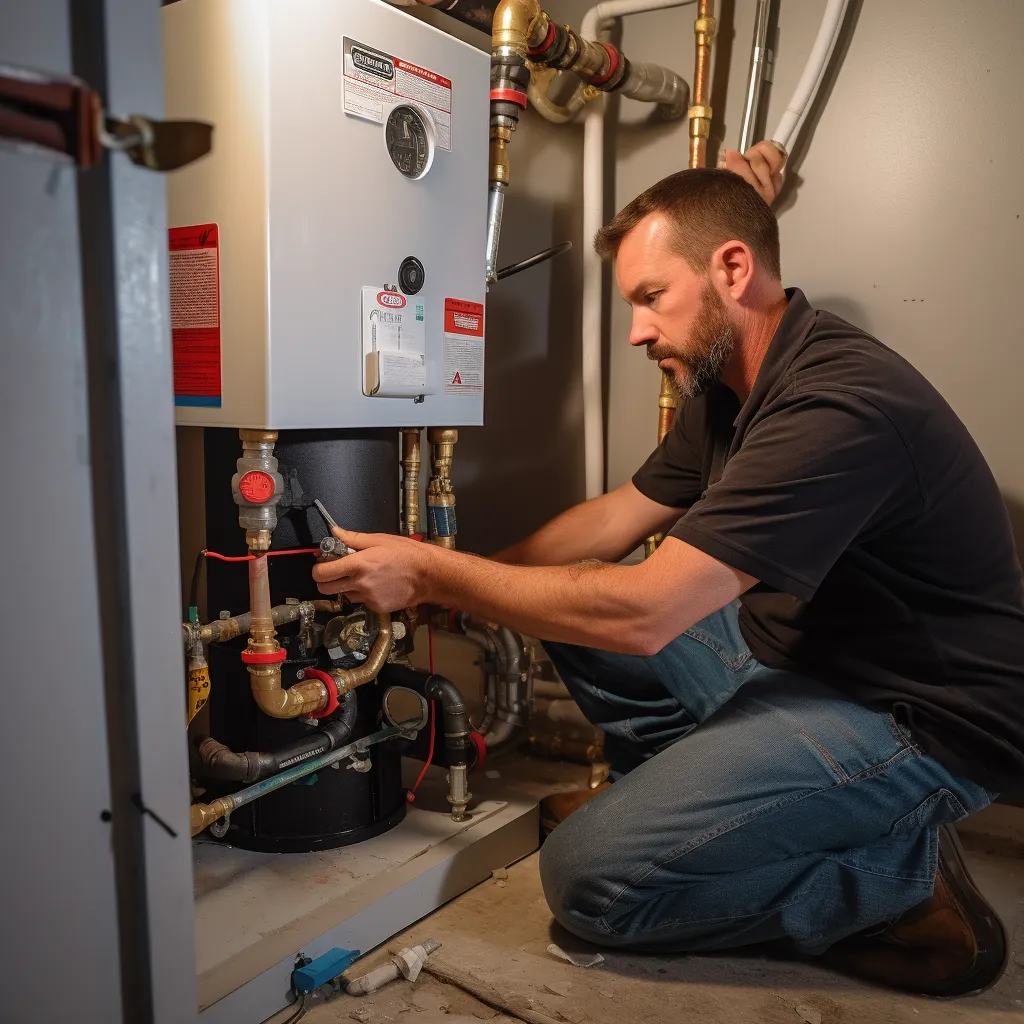
What are the maintenance requirements
for non condensing tankless water heaters?
Regular maintenance is essential for non-condensing tankless water heaters to ensure optimal performance and prevent potential issues. Similar to condensing units, regular maintenance checks and inspections should be conducted to keep the unit functioning efficiently. This proactive approach to maintenance helps to maintain the longevity and efficiency of the water heater.
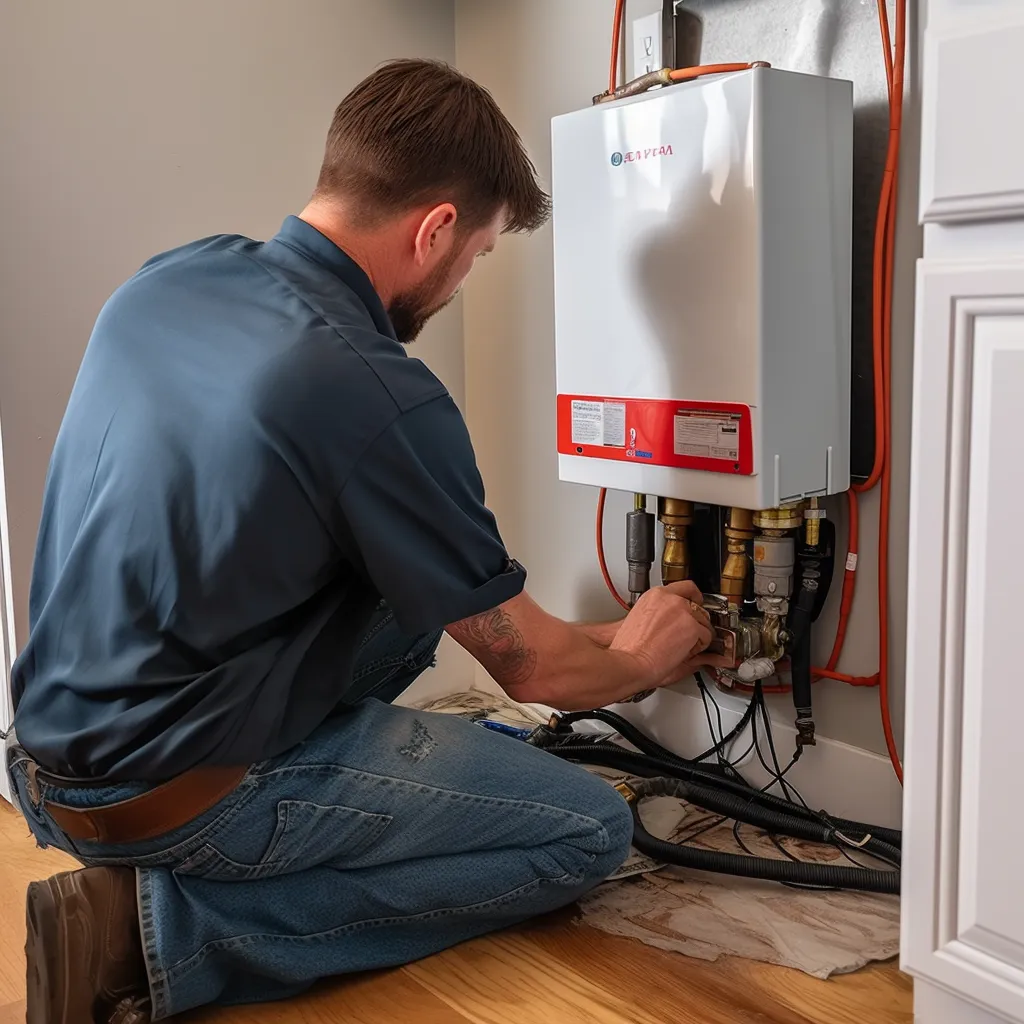
Regularly flush the system to remove mineral buildup and debris that can affect performance.
Check and replace filters as needed to ensure proper flow and prevent clogging.
Clean the heat exchanger and burner to remove buildup that can impact efficiency and heat transfer.
Inspect the system for malfunctions or leaks and address them promptly to prevent further damage.
Verify water pressure and temperature to ensure they are within the recommended range for optimal performance.
Keep the vents free from debris to maintain proper airflow and prevent ventilation issues.
What to think about when choosing between a
non condensing vs condensing tankless water heater
When deciding between a non-condensing and condensing tankless water heater, there are several factors to consider.
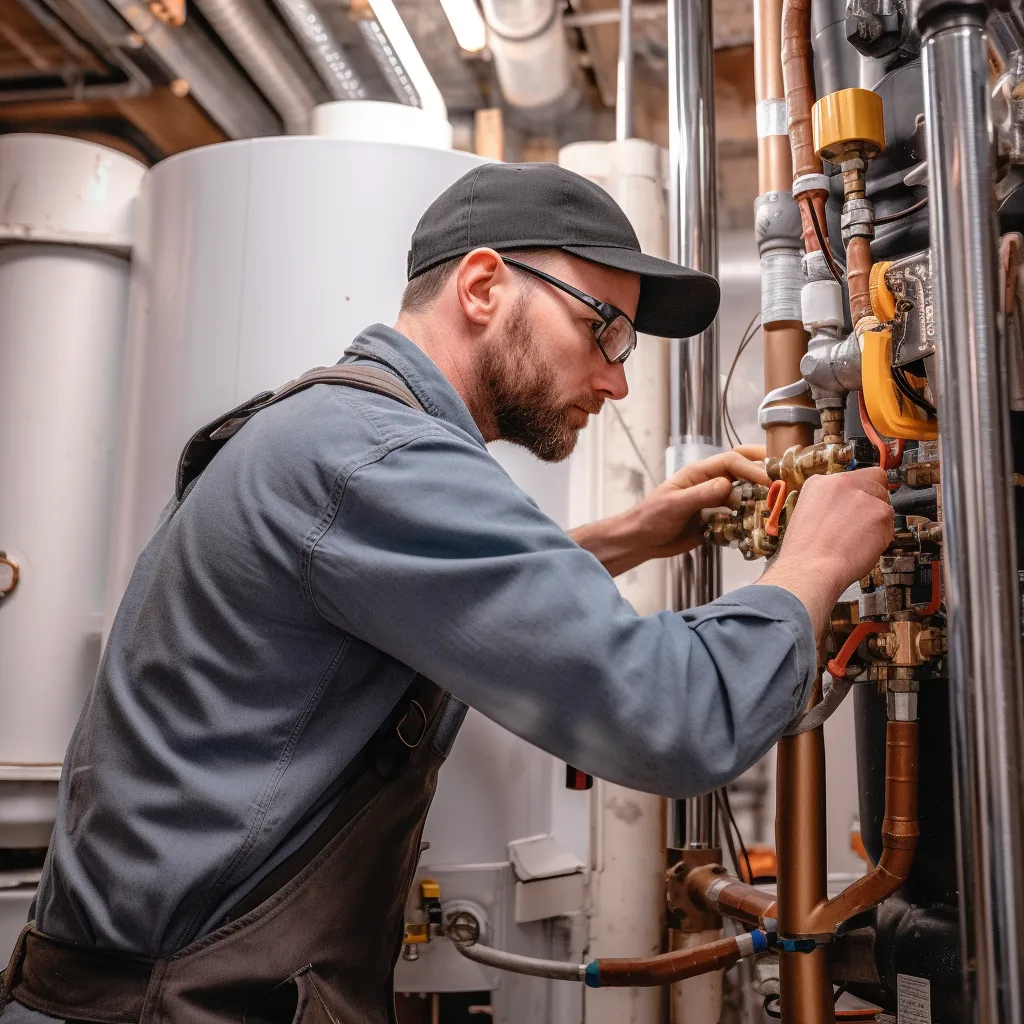
Size and Space: Non-condensing water heaters are typically bulkier and may require more space for installation. If you have limited space, a condensing water heater might be a better fit.
Installation Complexity and Cost: Non-condensing units generally have a simpler installation process, which can be more budget-friendly. Condensing units may require additional components and installation expertise, potentially increasing the overall cost.
Maintenance Requirements: Non-condensing tankless water heaters typically require more frequent maintenance compared to condensing models. Consider your willingness and ability to perform regular upkeep when making a decision.
Energy Efficiency and Cost Savings: Condensing units are known for their higher energy efficiency, resulting in long-term savings on utility bills. If energy efficiency is a priority for you, a condensing water heater may be the better choice.
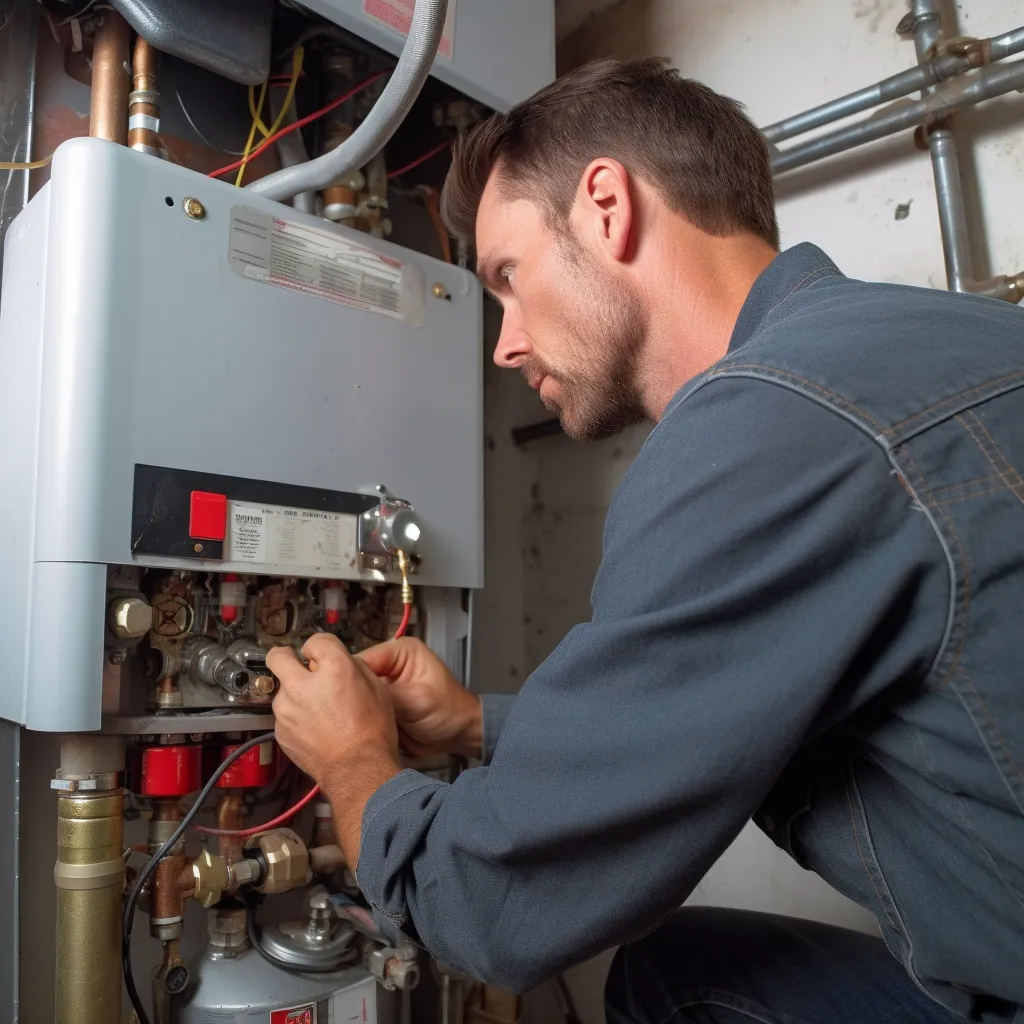
Researching condensing vs non condensing tankless water heaters
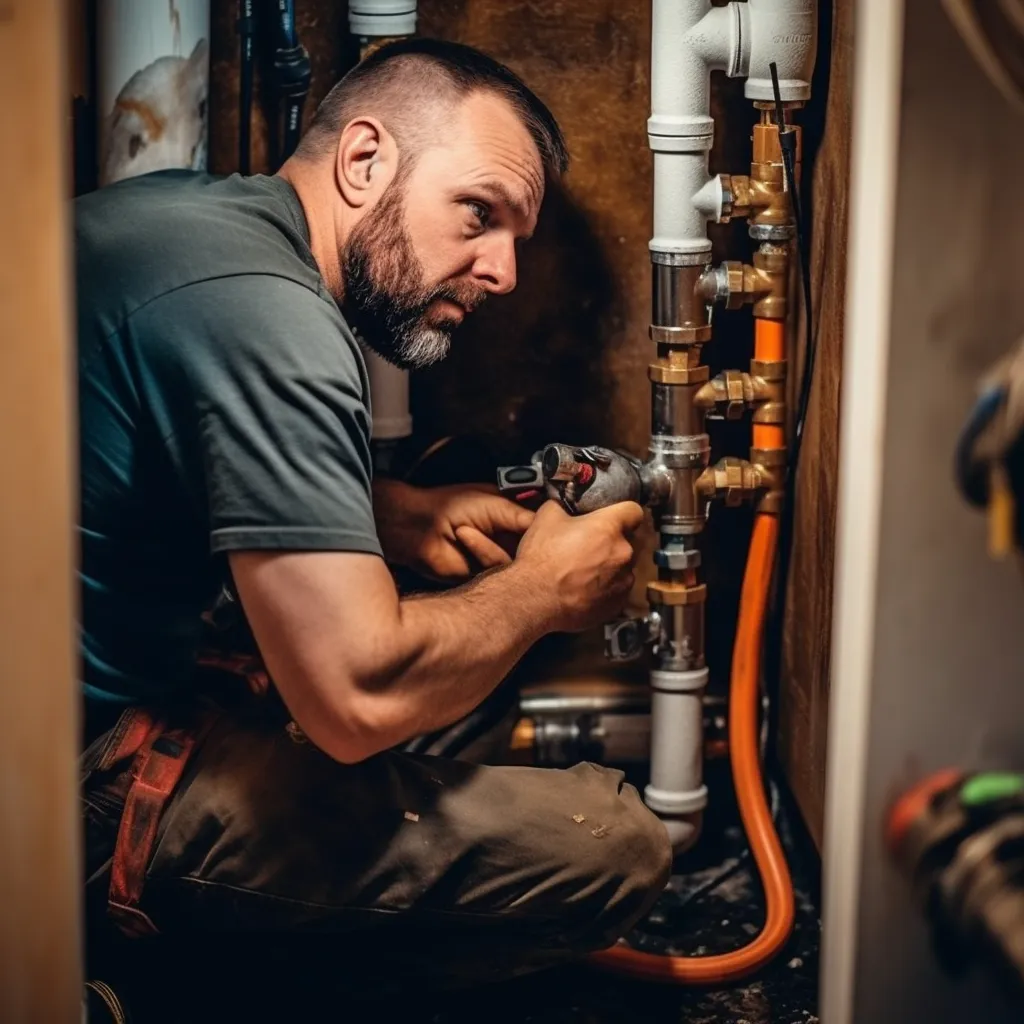
To find the ideal tankless water heater for your home, it's important to consider the pros and cons of condensing and non-condensing units. While non-condensing units may be initially more affordable, they can waste energy and require more maintenance. In contrast, condensing tankless water heaters offer greater cost-effectiveness and potential energy savings. It's crucial to compare different options and consult a licensed professional who can provide expert advice tailored to your home's specific requirements. With their guidance, you can make an informed decision that meets your needs for reliable hot water and energy efficiency.
Contact Us
GET IN FULL TOUCH
PHONE: (267) 715-3102
EMAIL:
tyler@waterheatersphiladelphia.com
Water Heaters Philadelphia
Philadelphia, PA 19147
